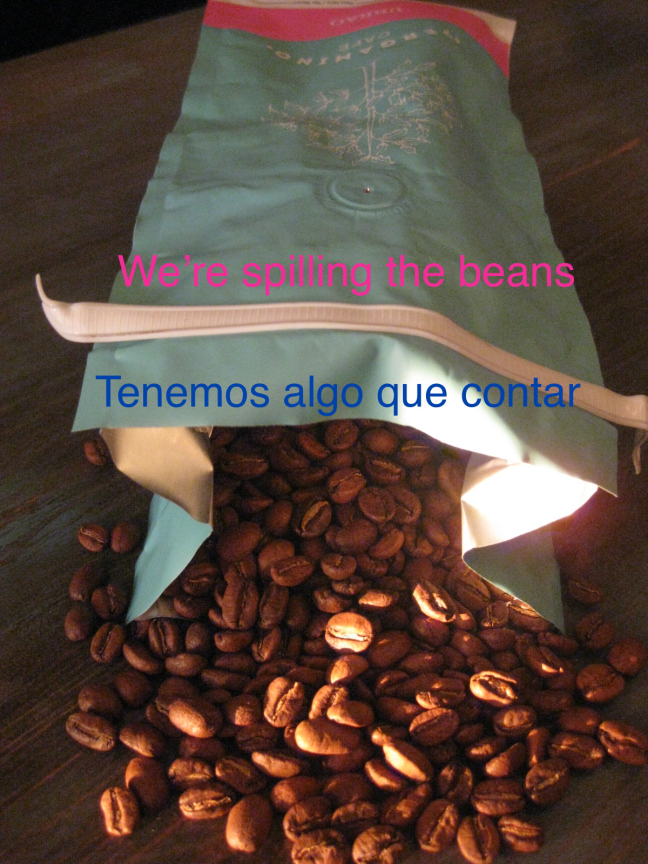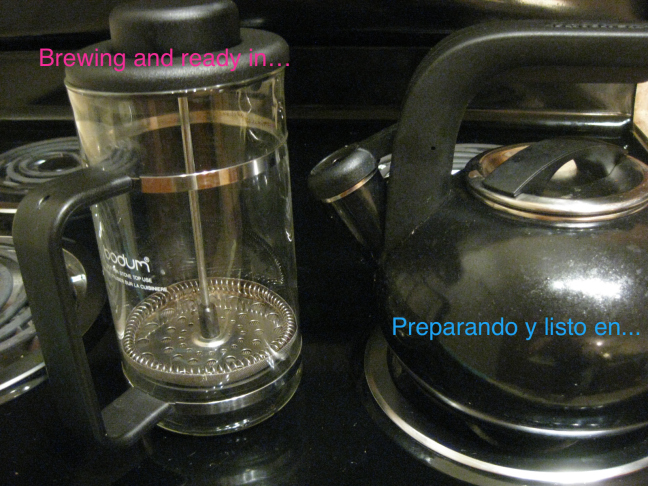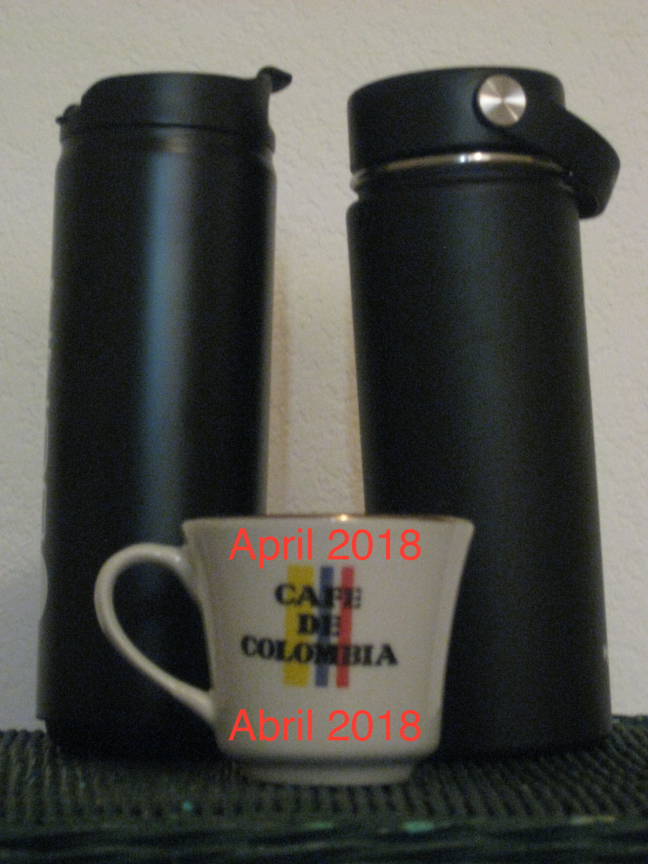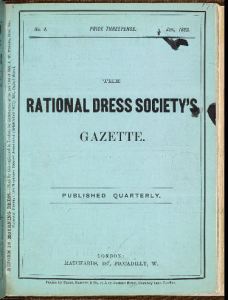Punnery is a dangerously narrow slice of comedy. It’s a double play on words, but you’re setting yourself up for double trouble. Expected outcomes:
Note that even in the best outcome it’s not a full-out laugh. This is no knee-slapping, foot-stomping, eye-wiping joke-telling. I like to overcompensate in my mirth to make up for all the lost credit the punster has likely received over the years. Normally I have a reserved personality in public gatherings, but your attempt at wordplay will elicit a wild outburst of laughter out of me…even if I’m the only one in the whole room laughing. The flapping jaw of the turtle will then snap shut and retreat into relative silence until another witticism is dropped. Long live the word nerdery.
Now then, imagine the obstacles at translating a pun. A double entendre with double the language audience has half the chance of being understood, much less appreciated. A play on words often draws upon the literal meaning of a word or phrase that is regularly interpreted in a figurative sense. Literal translation takes a magnifying glass to three words and forgets the rest of the sentence. It is ripe for failure and mistranslation. A rule of thumb in translation is to not literally translate, word-for-word, but to take into account contextual clues and translate based upon the overall sense of the document. Context is king in translation.
Puns, euphemisms, slang, and jokes are some of the hardest things to translate. I groan, but never chuckle, at a mistranslated idiomatic phrase. The joke was lost on the translator, and that translator sure better have lost their job. The key is in finding a culturally-appropriate equivalent. For example, in English when it’s raining heavily we may say “it’s raining cats and dogs”. The literal mistranslation in Spanish would be “está lloviendo gatos y perros“, whereas a common expression in Spanish is “está lloviendo a cántaros“. This could be then backtranslated incorrectly into English as “it’s raining pitchers”, instead of the more familiar “it’s pouring (adding ‘rain’ or ‘buckets’) outside”.
Even knowing all of this beforehand, and even after struggling with the Spanish translation, I could not resist the temptation to use English idiomatic expressions to make our recent pregnancy announcement to our bicultural families.
Since my partner and I both work in the coffee industry, the topic was obvious. To make our announcement, we wouldn’t let the cat out of the bag or let tongues wag: we’d spill the beans. Literally, we opened a bag of coffee and spilled the roasted beans on the tabletop. On the coffee table, to be more precise.

“We’re spilling the beans” is easy enough to understand in English. But in Spanish, the coffee pun was lost and we had to simplify it to the boring “tenemos algo que contar” (we have something to tell you). The equivalent idiomatic phrase in Colombia of “tenemos una chiva” (we have some news) literally backtranslates horribly into “we have a goat”… instead of a human fetus. Uh-oh.
The second shot in our photo announcement was of a tea kettle on the stove next to a French press. In English we played on the word “brewing” for both preparing coffee and anything that is developing, in the process of being prepared, waiting on the horizon: an idea, a storm, a revolution, a gestation. The parallel between heat and cooking can be found in other pregnancy euphemisms like “a bun in the oven” or just “baking”. To add suspense and connect to the third and final photo, we added “Brewing and ready in…”. In Spanish, “brew” is applied strictly to the beverage, so we’d have had to say “preparando el café y listo en…” and lose the double connotation. We eliminated “el café” and hoped the third visual would clear things up.

Any Starbucks customer knows that tall, large, and regular are loosely-defined measurements. On average, Americans drink their coffee in extra-big servings. It would take three Colombian pocillos stacked up to reach one American coffee cup. One ceramic Café de Colombia pocillo (Baby!) appeared miniature set in-between two towering coffee thermoses (Mom and Dad! Obvious, right?). The expected due date of April/abril 2018 made it abundantly clear, or so we thought.

Lesson learned: Just say it straight. (Remember the acronym KISS: Keep It Simple, Smartypants.) Or be prepared to spell it out twenty minutes later to a bewildered elderly mother-in-law. Once she burst into tears of joy, it erased all linguistic wrongdoings.
Advertisements Share this:




